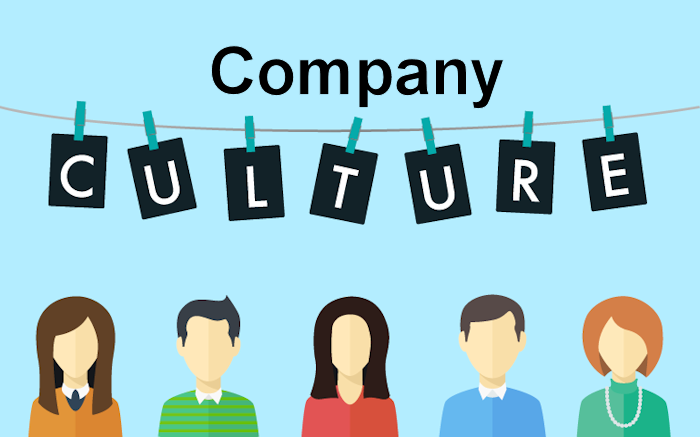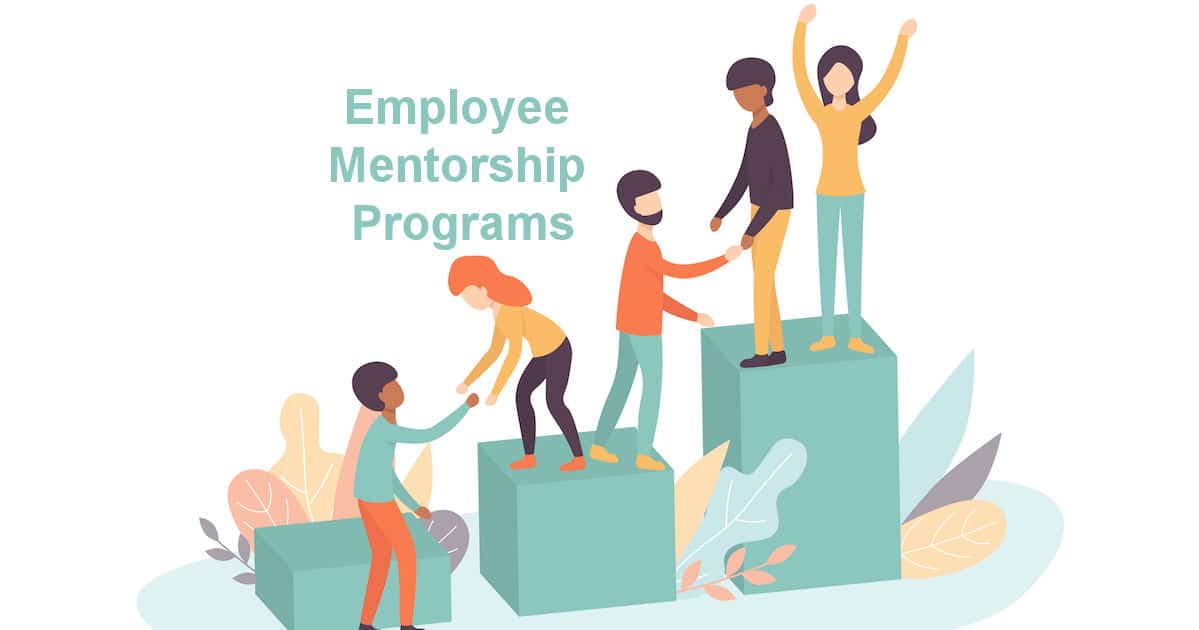Organizations in current environment operate at high speed while searching for effective ways to develop talent retention and establish a robust company culture. Employee mentorship programs have emerged as a powerful strategy which organizations are now implementing across their operations.
These initiatives surpass regular training and development practices because they establish a direct connection between senior staff members with junior team members.
Mentorship programs hold such importance for specific reasons. This blog examines their importance alongside their potential impact on organizational development.
Building a Culture of Learning and Support
Mentorship programs create an organizational environment which supports ongoing learning activities. When mentors guide newer colleagues they communicate that their organization prioritizes employee development.
These relationships create channels for mentees to get advice while receiving guidance from real-world experiences. Through time this culture of support and shared knowledge spreads across the organization to become a fundamental element of its identity.
Accelerating Professional Development

Mentorship programs provide their most significant advantage by speeding up career development for professionals. Through mentorship programs mentees receive customized guidance which supports their career targets while developing abilities and gaining workplace adaptability.
The specific guidance creates rapid skill development which results in better readiness for more complex tasks. The organization develops future leaders who are prepared to handle responsibilities because of this approach.
Enhancing Employee Engagement and Retention
Workers who experience organizational support together with investment show greater dedication to their employers. Mentorship programs establish feelings of connection and meaning which helps employees feel less disconnected and uncertain during their early period at the organization.
Employees demonstrate higher levels of commitment when they perceive their organization invests in their professional growth. The result of this situation leads organizations to retain their employees better which produces a stable workforce that stays motivated.
Promoting Diversity and Inclusion
Organizations use mentorship initiatives to advance both diversity and inclusion within their workforce. Organizations can use mentorship opportunities to connect people from different backgrounds which helps them develop understanding while removing biases to achieve equal growth.
Mentors provide guidance to their mentees about obstacles they may encounter and simultaneously advocate for their professional growth while making sure diverse perspectives become essential organizational values.

Strengthening Organizational Knowledge and Legacy
Employees with experience bring essential organizational knowledge which proves highly valuable. The knowledge transfer through mentorship programs protects organizational history as well as preserves best practices and cultural elements.
The organization gains continuity through this knowledge transfer and develops capabilities to transform during changing times.
The Long-Term Impact of Mentorship Programs
Mentorship Programs Create Enduring Effects That Directly Influence Organizational Development Over Multiple Years
The future direction of an organization becomes shaped through mentorship programs which extend beyond their present-day advantages.
Effective mentoring of employees leads them to become representatives who promote company values alongside cultural elements and mission statements. Such personnel demonstrate stronger leadership abilities and actively support innovative practices which enhances the organization’s public image.
Through mentorship people develop feelings of community. Mentors who participate in programs typically experience elevated job satisfaction along with feelings of accomplishment and stronger professional engagement.
Mentees develop both confidence and career direction clarity through mentorship which results in higher productivity levels and stronger role commitment.
A Successful Mentorship Program Requires Proper Execution
Organizations need to approach mentorship initiatives with deliberate care to achieve their goals. The following points represent essential factors to consider:
- Clear Objectives: Organizations must specify their target outcomes which could involve developing leadership capabilities or providing onboarding support or advancing diversity initiatives.
- Structured Framework: A flexible approach should be combined with defined expectations which produce consistent and purposeful mentorship experiences.
- Matching Process: The success rate of mentoring relationships increases when mentorship pairs are selected through thoughtful matching based on skills and personal interests and professional objectives. The program should provide both mentors and mentees with educational tools along with training to enhance their communication effectiveness.
- Regular Evaluation: Feedback collection and outcome measurement serves as a method to improve the program through regular assessment and refinement.
Cultivating a Mentorship-Driven Culture

Modern organizations that wish to remain competitive and flexible in today’s fast-changing world must prioritize talent development. Employee mentorship programs function as essential elements for developing a skilled and dedicated workforce.
The programs enable knowledge transfer while building relationships that create loyal and dedicated employees.
Establishing a mentorship-driven culture demands total commitment from leaders alongside genuine recognition of collaborative growth potential. Employee mentorship becomes central to the company ethos which builds a collaborative workplace where all members feel enabled to learn and contribute.
Organizations that invest in mentorship programs are actually investing in their most essential resource which is their workforce. Organizations that support these programs will discover their team members’ complete potential and generate innovation to build sustainable success.
The workplace benefits from mentorship because it allows all employees to advance together according to the saying “A rising tide lifts all boats.”
In Conclusion
Employee mentorship programs represent a strategic business investment that goes beyond buzzword status because they develop people. The programs enable growth and increase employee engagement and support the development of workplaces that are resilient and inclusive and innovative.
The companies which make mentorship their top priority will achieve better long-term success in their competitive market. The adoption of mentorship represents more than individual development since it enables the creation of organizational futures.


